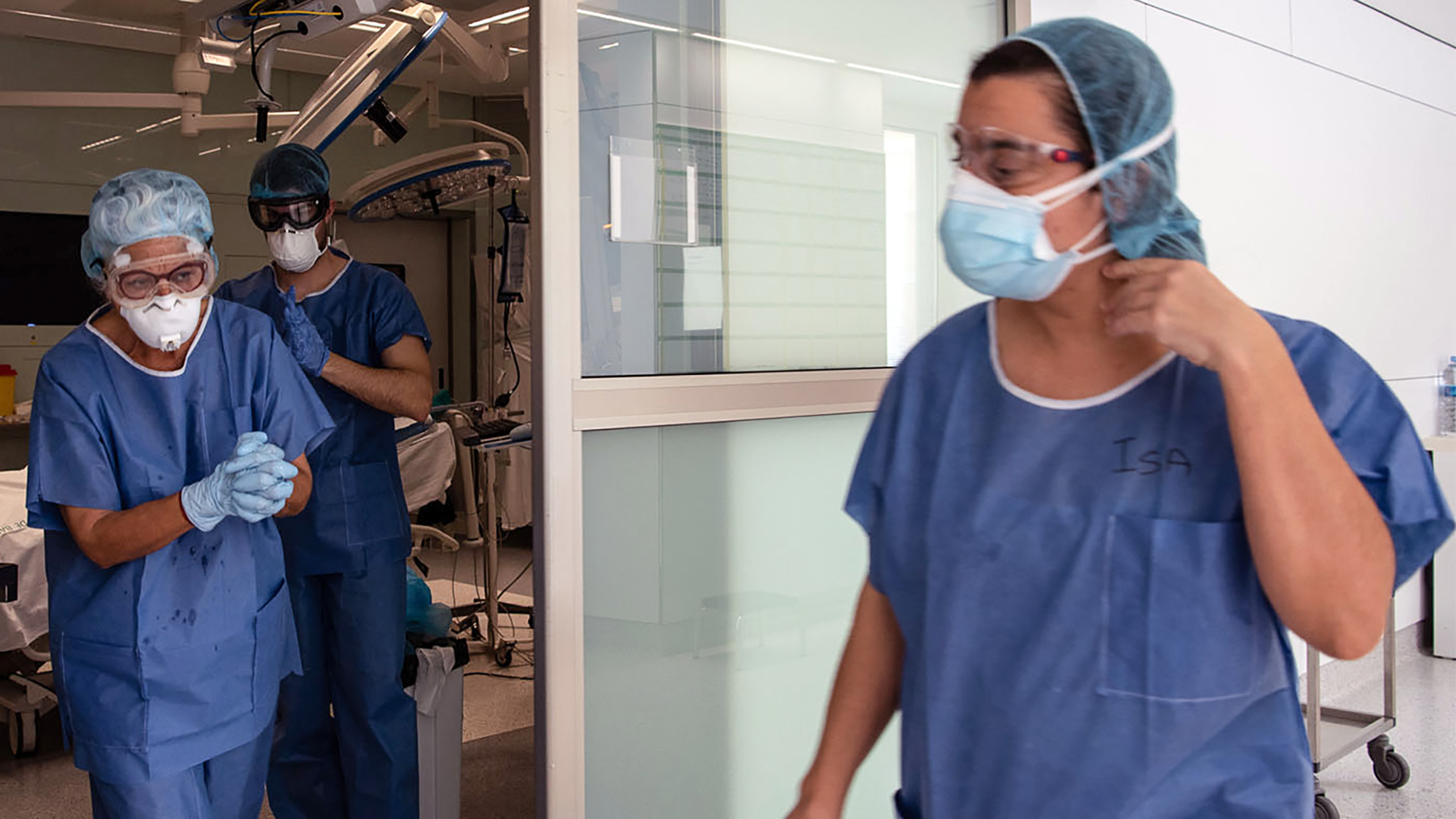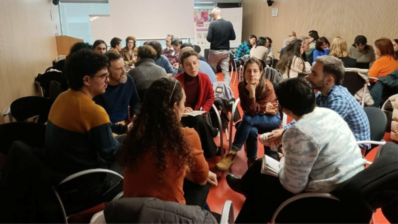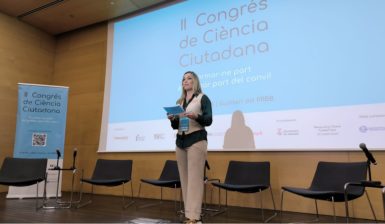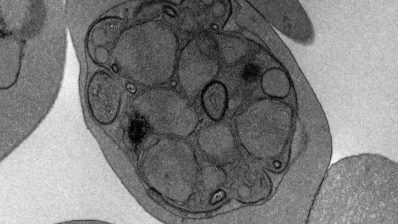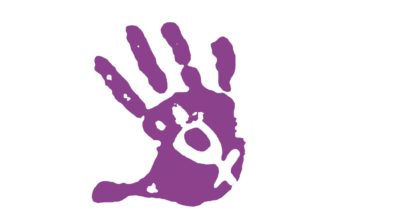Preliminary results have been obtained from the Adaptive COVID-19 Treatment Test (ACTT) global clinical trial conducted by the National Institute of Allergy and Infectious Diseases (NIAID) of the National Institutes of Health (NIH). These first results show that hospitalized patients with severe COVID-19 and lung involvement treated with the antiviral remdesivir recovered faster than patients who received placebo.
This international multicentre trial included a total of 1063 patients and, in Spain, it has been coordinated by the Germans Trias i Pujol Hospital. It also involved the participation of the Barcelona Institute for Global Health (ISGlobal) and the Hospital Clínic.
The obtained results are the following:
- The recovery time in patients who received remdesivir was 31% shorter than in those who received placebo, with a 4-day reduction in hospitalization time, from 15 to 11 days.
- The results also suggest a benefit in survival, with a lethality of 8% for the treated group versus 11.6% for the placebo group.
“These preliminary results are very promising, but we will have to wait for the final analysis to assess the final efficacy of remdesivir and the best time for its administration”, concludes the Head of the International Health Service at Hospital Clinic and ISGlobal researcher, José Muñoz.
Lower-than-expected prevalence of SARS-CoV-2 infection among health care workers in Spain
At the same time, ISGlobal and the Hospital Clínic have coordinated the SEROCOV-1 serological study. This is the first study to measure the prevalence of antibodies against SARS-CoV-2 in a representative sample of health care workers in Spain.
The sample consisted of 578 staff members working at Hospital Clínic who had their antibodies measured against one of the SARS-CoV-2 proteins in blood samples. Specifically, IgA, IgM and IgG antibodies were quantified.
Antibodies were generally detected after 10 days of symptom onset , and IgA antibodies could be detected slightly sooner than IgM or IgG antibodies.
The study showed that while 39 of the 578 participants had been diagnosed with PCR prior to the trial, only 14 had an active infection (that is, positive PCR results) at the time of study kick-off. In addition, 54 participants had antibodies against the virus, which means a past or recent infection. However, out of these 54 people, almost the 40% were not diagnosed at the time of infection. Finally, the total of people who showed evidence of infection, either by PCR and/or by serology, was 65, that is, 11.2%.
This study has not been peer-reviewed and was posted as a preprint on the medRxiV server.
ISGlobal’s role in the fight against SARS-CoV-2
As a global health research centre, ISGlobal is at the forefront of the fight to combat COVID-19. On April, the institution endorsed the “COVID-19 Manifesto for Science” released by main Spanish scientific associations. On the other hand, in order to ensure a safe and phased reopening of society, ISGlobal has released a series of documents, available to everyone, that analyze the strategy for lifting COVID-19 containment measures.

